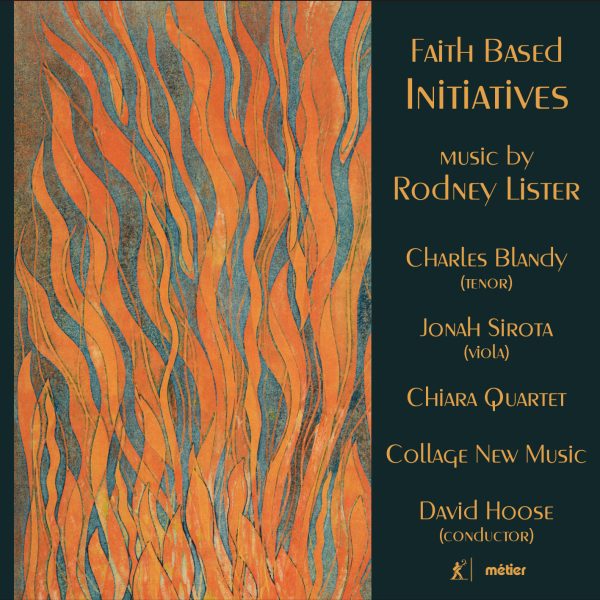Infodad
Friendly Fire, the most-extended work on the Lister disc, is as much of our time as [Walton’s] Façade was of its era, but it is mired too strongly in modernity to be likely to appeal beyond a limited audience: the narration is largely declamation, it includes the usual Sprechstimme of 20th– and 21st-century vocal works, and the instrumental ensemble accompanies the narrative with a strong emphasis on the percussive quality of all the instruments, whether or not they are percussion.
The overall message of Friendly Fire is a thoroughly straightforward antiwar one, utilizing poems by Allen Tate, Robert Lowell, Randall Jarrell, Brian Turner, John Ciardi and others to explore wars – multiple wars – and emphasize that they all involve killing and that all the deaths, on any side, are of human beings. The message is unexceptionable and unexceptional, and the same may be said of the music: it is non-illustrative, existing side-by-side with the words rather than complementing them, and does not really combine the medium of poetry very effectively with that of music. The other two works on the disc are instrumental and, all in all, more effective. Faith-Based Initiative, which is largely tonal and somewhat reminiscent of Ives, is a single movement that effectively puts across a sense of darkness (if not despair), warmth, and a kind of underlying hope: it is the most-compelling piece on the CD. Complicated Grief is a three-movement solo-viola work that has many individually effective moments, but does not sustain its moods or communication through its entire 24-minute length. It too is somewhat reminiscent of works by Ives, but where Ives tended to be emotionally compressed, Lister is expansive to the point, almost, of bloat. The disc does show him to communicate more movingly through instruments alone than through this particular attempt to blend the poetic and chamber-music genres.
@divineartrecordingsgroup
A First Inversion Company
Registered Office:
176-178 Pontefract Road, Cudworth, Barnsley S72 8BE
+44 1226 596703
Fort Worth, TX 76110
+1.682.233.4978












